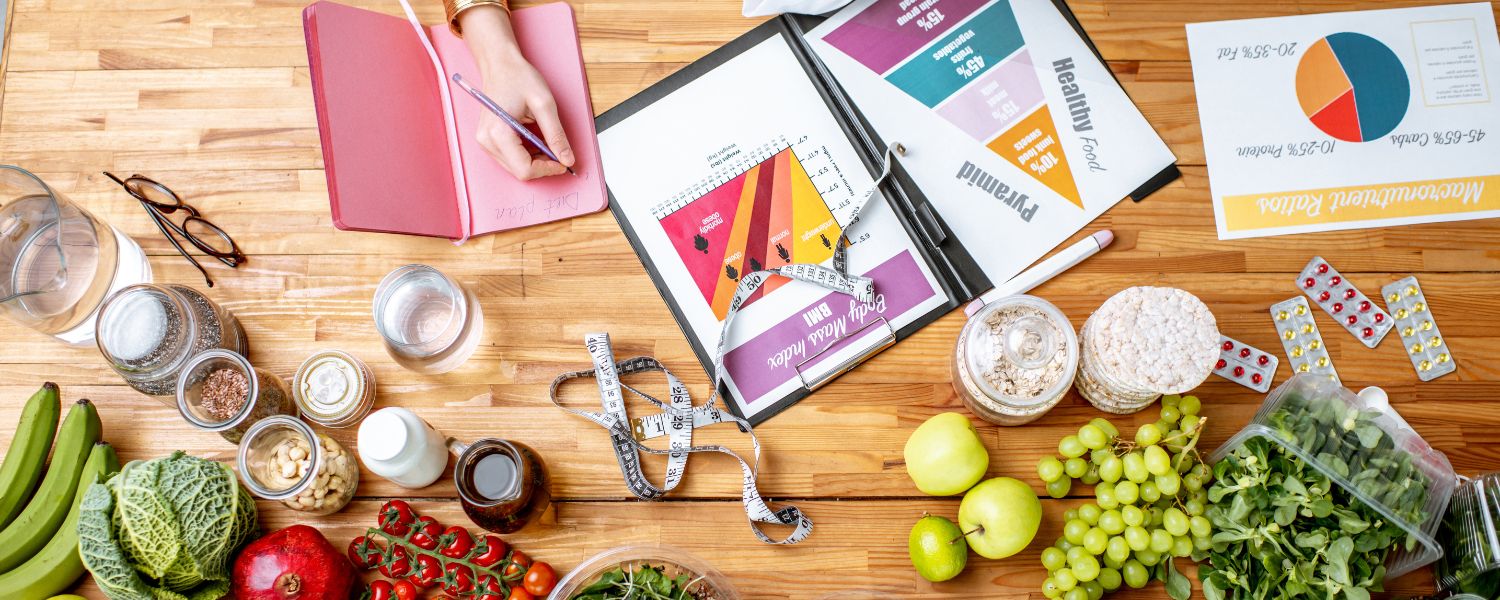Every day, more people embrace the fact that a diet doesn’t necessarily have to contain meats or animal products in order to facilitate healthy as well as tasty meals.
A recent piece of research on the topic found that almost a quarter of all 25-34-year-old Americans are already practicing either vegetarianism or veganism, depending on their capabilities, with the majority of the vegetarians claiming they’d like to eventually move onto veganism.
Because of this, veganism hit an all-time high back in 2020, and with so many of us locked in our homes, allowed for the more creative vegan chefs to cook up some highly innovative meals with whatever they had inside their refrigerators.
On the other hand, some feel that tossing aside meat, dairy, and eggs is a bit too much, which is a reasonable argument, but not one that isn’t easily disproved, especially now that meat alternatives taste better than ever before.
The health benefits

RUSH University Medical Center’s cardiologist, Jeffrey Soble, claims to have started a vegan diet almost 2 years ago, and that it’s helped him overcome a number of health issues he’d been facing previously.
He added that his entire family has a history of heart disease, and that he’d pursued his profession for that exact reason, but that he’d never felt as good as he did when he made the switch over to a meat—free dietary plan.
Soble claims that a meat-free diet helped him lose weight as well as reduce his risk of heart disease, and he’s recommending it to anyone who’s at risk.
On top of this, it also lowers one’s chances of contracting certain forms of cancer that tend to be related to one’s dietary choices, such as colon or abdominal cancer.
It’s all in the planning

Once you take a long look at it, a vegan diet is all about planning your meals, and as long as you can lay out a solid plan for an entire week, you could actually make it cost a lot less than some would want you to believe.
It’s easy to fall into the trap of fast food and other forms of easy access to nutrients, and vegans aren’t exempt from this, but a good vegan will keep track of their meals and make sure they’re always set.
A week should always start with meal preps for the other days, ensuring that you’ll always have something to snack on, seeing as you’re definitely going to experience a lack of nutrients at first, making this even more important for first-time vegans.
No diet is complete without a healthy amount of nutrients, and you have to ingest them one way or another.
Some tips for new vegans

Make sure that those around you are aware you’re making the change and why, and even if you can’t clarify why you’re doing it, make sure they’re going to respect your choice.
The last thing you need is someone undermining your own determination to no longer eat animal products because of their own selfish agenda, and people like that don’t belong in your life.
Veganism is a choice, one that you make either for your own health or the health of the planet and if you’re doing it for both, you’re only generating good in the world.
One thing to keep in mind is that your expectations are probably way ahead of what you’ll actually achieve at first, so don’t be surprised if you find yourself craving meats or other animal produce at first.
It’s nothing more than a phase, and some elbow grease paired with a commitment to the cause will get you there.
Final word
Going vegan in an area without a Trader Joe’s or a Whole Foods can be tough, but it’s not impossible, especially if there’s a farmer’s market nearby.
All you need is fresh ingredients after all, and you can get all of that from the local farms, as long as they’re growing their food ethically.
It’s said that thousands of critters are killed for the sake of growing a single patch of cabbage, and it’s partially true, so make sure that the farms you’re buying from are ethical throughout the production process.
You should also prepare yourself for the impact going vegan might have on your finances, as fresh foods tend to be much more expensive than processed ones.
Cooking a meal every night can be pretty taxing, but with access to fresh food, you can prepare several full meals days ahead, and with thermal treatment, they can last in your fridge for days, keeping you full even when you’re not in the mood to be cooking, and as long as you’ve got a microwave oven, you can get yourself a hot meal at any time of the day.
